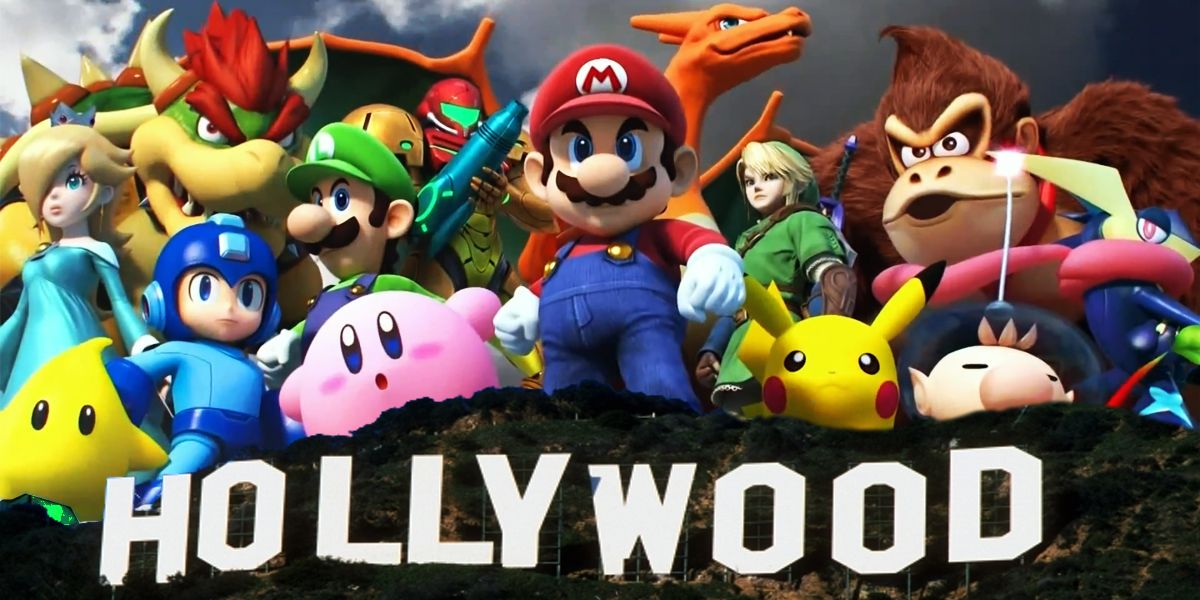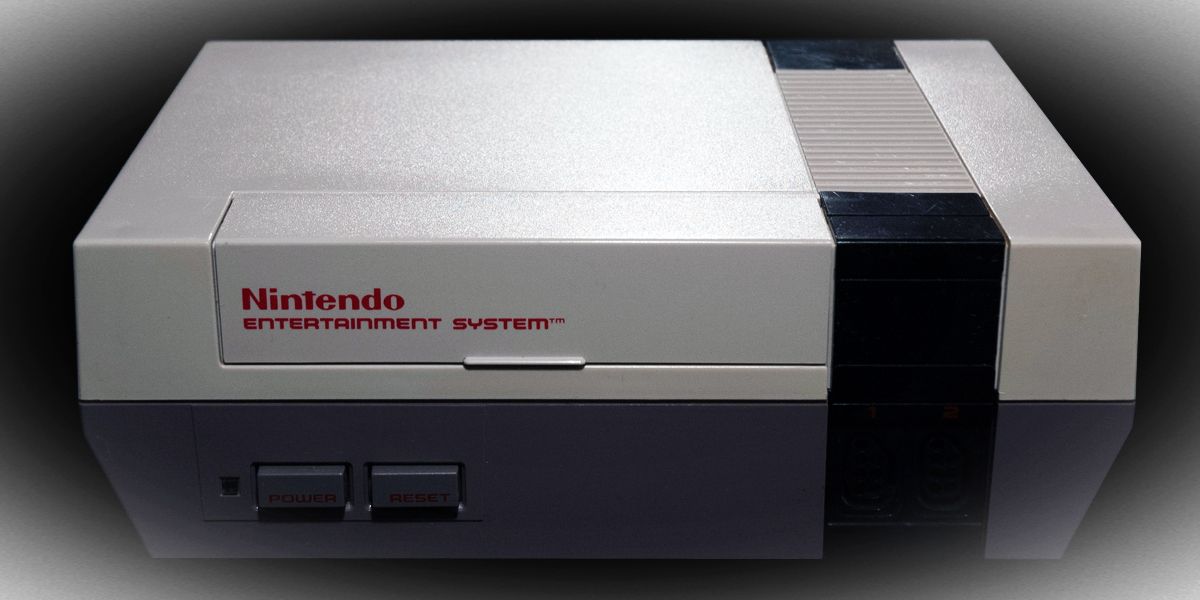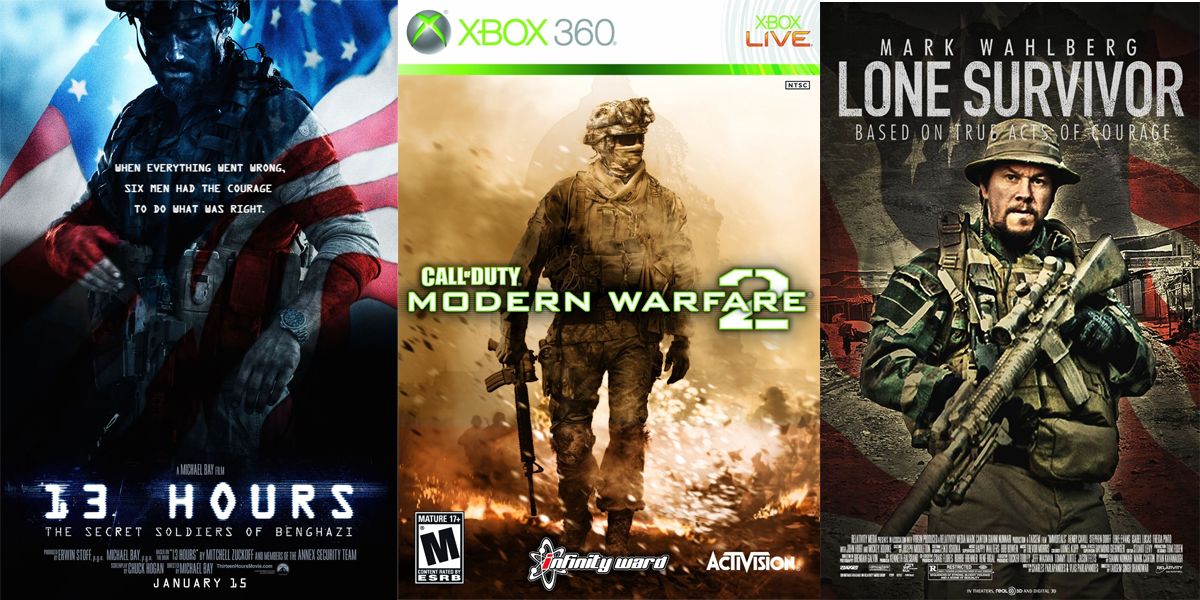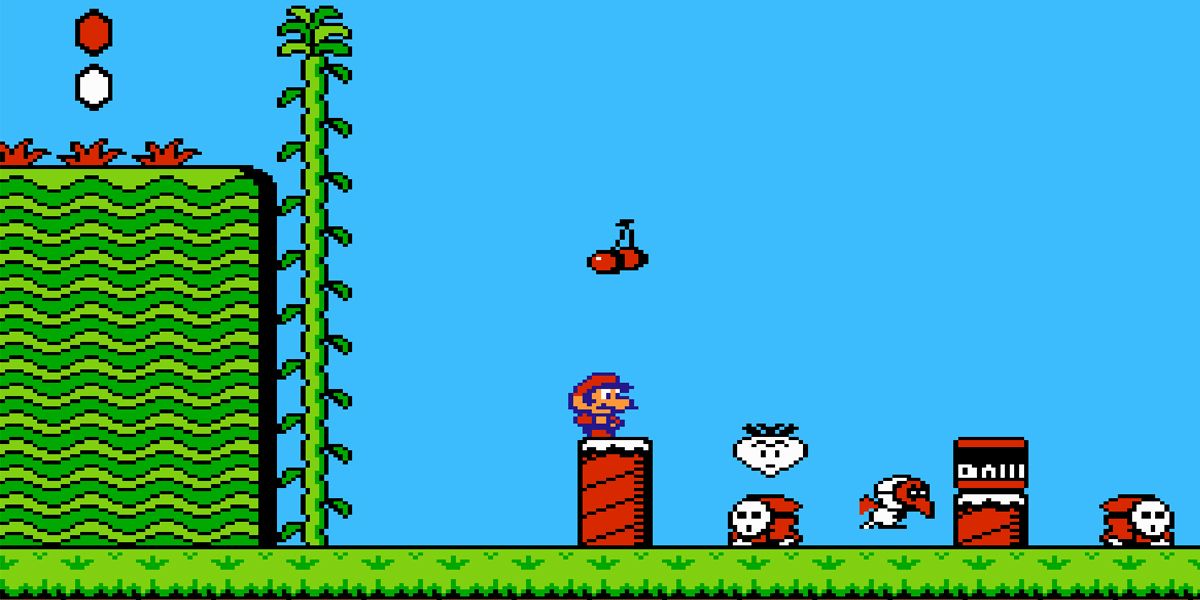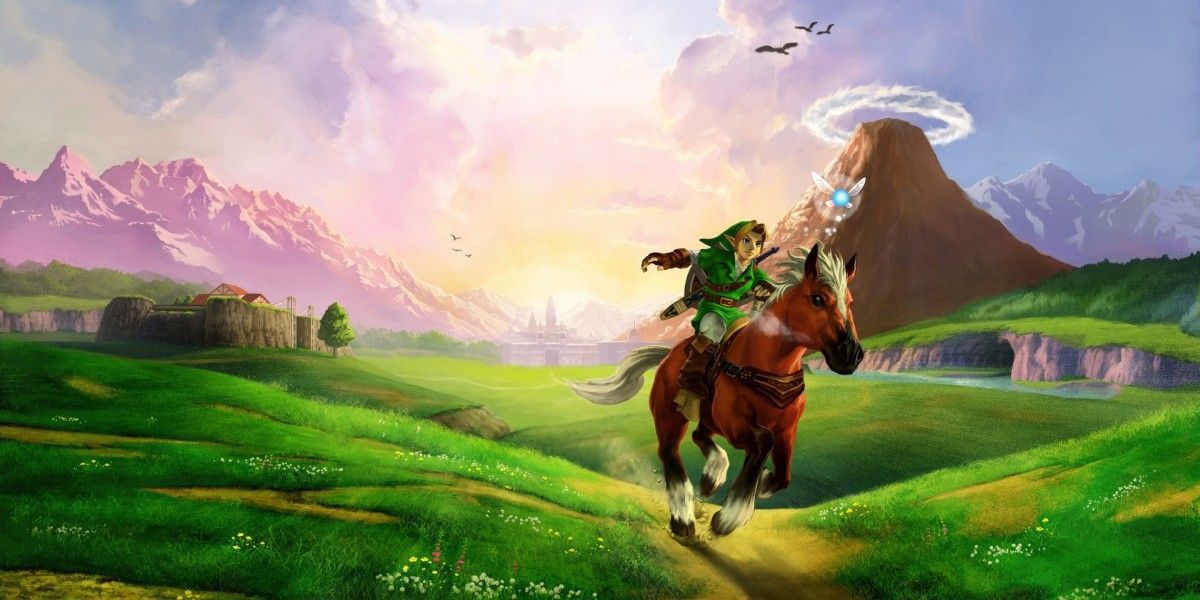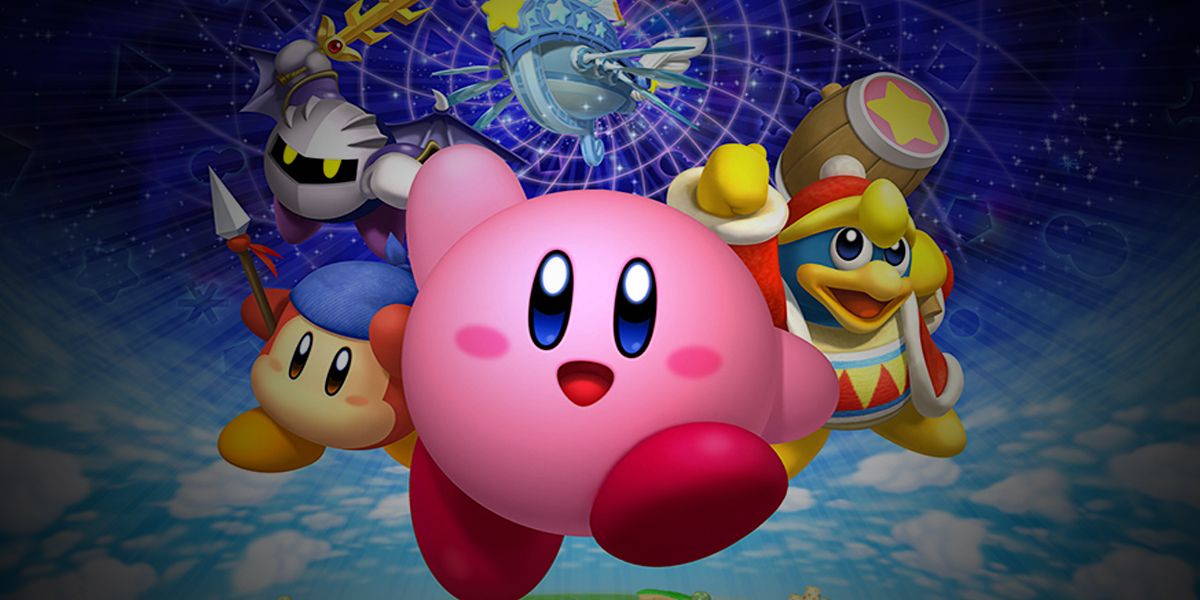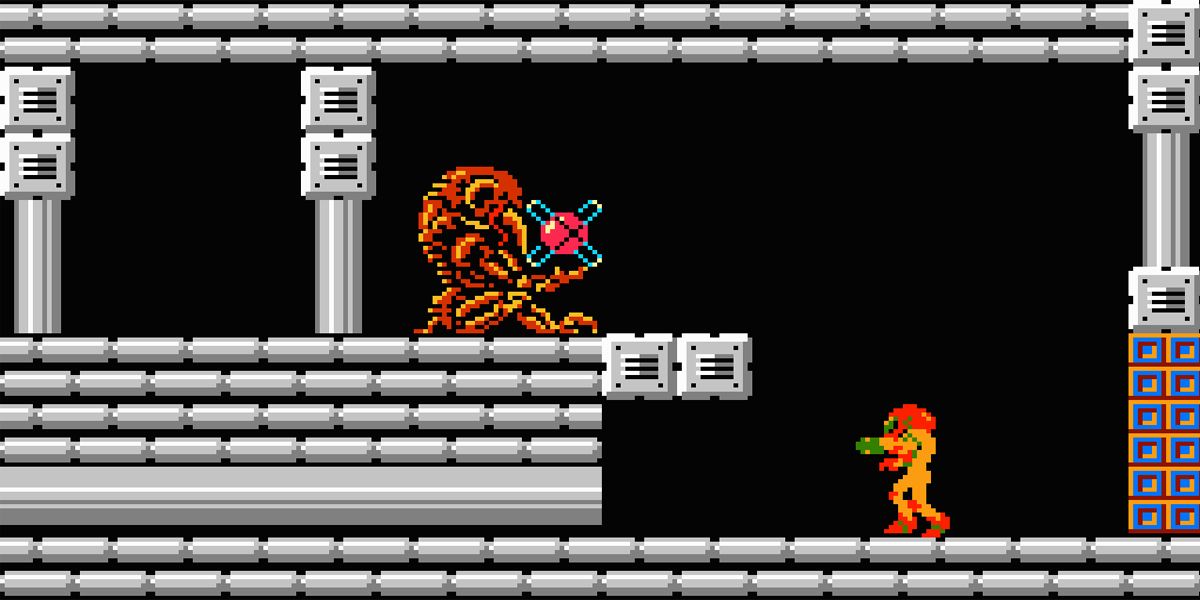Everyone knows that Hollywood would love video games to be the next big source of inspiration for blockbuster adaptations. In fact, everyone has known this for so long that video game movies have been hitting in (usually unsuccessful) waves for even longer and more concertedly than the currently-fashionable wave of comic book reworkings, with the 1990s seeing features based on Super Mario Bros, Street Fighter, Double Dragon, Mortal Kombat all hitting theaters to varying levels of success in an era where the superhero genre consisted of Batman and not much else. Further attempts have followed since, with everything from Tomb Raider to Dead or Alive getting a cinematic test-drive; but apart from the now five (soon to be six) film Resident Evil franchise, almost none of these have found significant box office success - and almost all have been savaged by film critics.
Many have taken this history as a sign that video games are simply not cut out for becoming movies. But in an era where The Lego Movie can not only top the box-office but receive stellar reviews from critics and everything from Emoji to Play-Doh to Fruit Ninja are becoming fodder for big-studio productions, can that really be true? And if not, who can break the losing streak? To many gamers, the answer is as simple as one word: Nintendo - the legendary game company that recently revealed its intention to break (back) into the movie business.
Part of the problem with the question of whether or not video games can become good movies is that the question itself is grounded in shaky logic: Gaming isn't a genre, it's a medium. While (for example) the jury is still out as to whether books like Finnegans Wake or Dune could ever be "properly" translated to the screen, no one would ever ask whether or not it was possible to make movies from books. And while the question was slightly more nuanced in the context of comic books, since American popular comics are largely dominated by a single genre (read: superheroes), gaming is significantly more diverse - although maybe not to the degree that it was previously.
While it's certainly not the only problem facing such productions, a key stumbling block for the games-to-film pipeline is that major studio interest (and thus major money) in gaming from the Hollywood side has largely come about only within the last decade - a period which has seen a distinct shift in the types of games being released and celebrated widely enough to attract Hollywood-level attention. While the medium remains about as diverse (in terms of content, at least) as ever, if not more so, the so-called "Triple-A" market of top-selling console titles has come to be dominated by a handful of annually-updated titles all striving for a similar aesthetic of "cinematic realism" - in other words, games designed to look and feel as much like movies as possible, making adaptation often feel next to redundant.
One of the things that's made comic book superheroes so popular as 21st century film subjects is that the superhero genre itself intrinsically offers a visual and tonal aesthetic (costumed adventurers having melodramatic adventures in a shared, genre-bending universe) unique compared to other Hollywood offerings. By contrast, a plurality of modern gaming franchises resemble nothing so much as unofficial, nominally interactive versions of properties that already exist as movies; inviting audiences and studio executives alike to wonder why they should bother.
After all, if filmmakers like Michael Bay and Peter Berg are already cranking out patriotic military thrillers like 13 Hours: The Secret Soldiers of Benghazi and Lone Survivor, what extra does Call of Duty: The Movie bring to the table? Warcraft offers a potentially original take on the fantasy genre, but thus far tracking suggests that audiences are unconvinced that Duncan Jones' film is of immediate necessity in an entertainment culture still crawling with Hobbits and Game of Thrones - which, of course, also makes film versions of Skyrim or The Witcher similarly precarious. Meanwhile, the success rate is even worse for "original" films looking to woo the gamer audience with gaming-inspired visuals like Scott Pilgrim and Hardcore Henry; both of which earned fiercely devout fans but failed to inspire ticket sales.
But it wasn't always that way. "Cinematic realism" as the go-to aesthetic of modern gaming was a scenario brought about largely by console manufacturers and developers focusing their growth efforts on engagement in an ever-escalating processing-power arms race, with the ability to generate increasingly detailed graphics as the easiest way to demonstrate that power. But in the creatively-fertile earlier decades, when such "realism" was regarded as an absurd impossibility, game designers instead worked around existing limitations in order to create memorable, eye-catching entertainments; a scenario which at its best resulted in singularly original, offbeat characters and worlds with no comparable cinematic equivalent. Hollywood has seen (and produced) thousands of films that would be interchangeable with modern a modern megahit like Uncharted, but the heroes and settings of "golden age" classics like (to use two recently greenlit examples) Mega Man or Shinobi offer Hollywood a chance at its most idealistic of stated goals: To show audiences something they've never seen before.
Indeed, one can already see Hollywood waking up to this fact. While feature deals are still being pursued for the expected modern triple-A titles (Assassin's Creed just began running trailers, to decidedly mixed reaction), producers emboldened by the success of offbeat hits like The Lego Movie have begun launching games-to-film adaptations based on the likes of arcade-era hits like Missile Command, Centipede and Rampage (the later of which will star Dwayne "The Rock" Johnson); with even block-stacking puzzle classic Tetris being (somehow) on the docket, along with an unspecified number of Sega projects.
Unfortunately, time hasn't been so kind to every game or game franchise. Whereas comic book publishers and toy companies long ago learned to maintain a secure hold on their most valuable creative assets, the games industry has continuously displayed an almost masochistic zeal for shedding its own history. Little effort exists at the official level for archiving and preserving that which becomes lost with each new leap in technological progress, with the preservation of all but the most popular titles almost entirely in the hands of independent collectors. And with more and more developers from the classic era fading each day (the less said about the present day states of Capcom, Konami and Sega, the better), more and more of these potential Hollywood goldmines threaten to slip into intellectual property limbo. Plenty of gaming fans would swear that an unquestionable classic like Castlevania is a hit movie waiting to happen, but good luck convincing a major studio to take a chance on something its own developer doesn't consider worth touching other than as branding for Pachinko machines.
But then there's Nintendo.
While Nintendo has seen hardware sales decline and has often struggled to keep current as a reflexively-conservative "old school" Japanese business mentality in a rapidly shifting modern age, one thing that they've managed to do better than almost anyone else is to protect and nurture their stable of original characters and series with a care matched perhaps only by the Disney Corporation. In addition to shepherding the massively-merchandised Pokémon franchise (itself now destined to become a live-action film after 20 years - once Hollywood is done fighting over who gets to produce it), Nintendo controls easily the highest concentration of properties that are at once demonstrably popular, instantly recognizable and possessed of the uniquely compelling aesthetic sensibilities that only gaming ever authentically produced.
Hundreds if not thousands of already existing films look and feel like Grand Theft Auto, but basically nothing looks or feels like Super Mario Bros. Or The Legend of Zelda. Or Star Fox. Or Kirby. Or Metroid. In the parlance of Hollywood economics, that's called an opening - a vacuum waiting to be filled... and a big one at that. Properly leveraged, a Nintendo fully engaged in the games-to-film scene has the potential to at once "define" and dominate the pop-culture ideal of "video game movies" the way Marvel has defined and dominated films based on comics.
The potential is evident at a glance: Zelda is a ready-made fantasy franchise with an instantly recognizable look but plenty of room for filmmaker interpretation and generations of devoted fans. Metroid is a bigger-scope, more action-focused Aliens without the baggage of continuity and cultural history. Star Fox is Guardians of The Galaxy with four times the plush Rockets. The existing cultural ubiquity of the Mario Bros. alone is so self-evident that producers at Sony Pictures referred to a (stalled) deal to secure the license as "the Mother Load" in the now-infamous Wikileaks dump of Sony emails.
It's something that probably should have happened over a decade ago, and almost certainly would have with any other company. But the aversion to risk and insistence on maintaining the traditional structure and behavior of a classical Japanese family company (recently-deceased CEO Saturo Iwata was the first leader not descended from the company's founding Yamauchi family bloodline since it was established in 1889) that has allowed Nintendo to weather tumultuous times within the industry has also led to an isolationist approach to international dealings. The box office and critical failure of the Super Mario Bros live-action movie in the 1990s reportedly soured the company on Hollywood in general; hence the current push to establish an in-house production system and seek distribution independently.
When Nintendo does finally commit to branching out, they've historically found success. After being (compared to other IP owners) fairly conservative about licensed merchandise, they bet big on Pokémon and wound up with a global juggernaut with a 20 years and counting lifespan; and despite lagging sales for associated hardware their toys-to-life Amiibo line has thrived even as that market sector has seen the surprising demise of lines like Disney Infinity.
There are, to be sure, plenty of stumbling blocks to be wary of. The specific mix of popular-ubiquity and malleability that makes Nintendo's properties so attractive among other gaming IPs also makes broadly-satisfying adaptations a tricky prospect. Generations of gamers and even simply casual observers of the medium instantly recognize the likes of Mario and co., but not everyone is going to agree on what they're "supposed" to be. Is Mario the hero of a whimsical-yet-epic quest narrative? The featured player of a gallery of manga-affected fantasy creatures who race go-karts and play soccer together? Some hybrid of the two? For that matter, does he come from Brooklyn as '80s and '90s gamers grew up being told - or a wayward stork as was later presented? Is Zelda best suited to a Tolkein-esque high-fantasy setting, or anime-inspired cartoon phantasmagoria? Everyone is going to have a different answer, and when it comes to adaptation sometimes you can't find a "sweet spot" that pleases everyone - just ask anyone whose tried to make a Superman movie post-Christopher Reeve.
Nintendo's ever-present resistence to change is also a factor that should give pause to the hopeful. Already the early word about their proposed film projects has implied that they're shying away from live-action, which could place a ceiling on the extent of a given film's cultural appeal. Animation may be an "easier" and even more natural fit for Mario and friends, but one of the visceral appeals of cinematic adaptation is the idea of seeing a previously unreal world "come to life" - a notion that can feel muted when the onscreen characters are demonstrably not "alive." To use the most obvious example, the modern comic book movie largely exists because Richard Donner and Christopher Reeve made 1978 audiences feel (if only for two hours) like Superman was a real person who could exist - to the extent that "You will believe a man can fly" was the core promise of their advertising.
Mario and Luigi as bouncing animated figures are delightful, but we know that because we've already seen it in the games. But Mario and Luigi as people you could reach out and touch? Executed properly, that's a visceral, cut-to-the-bone version of the dreams-made-real filmmaking goal that even the most sophisticated animation can't yet conjure. Likewise, the proposed Pokémon feature will stumble or soar based almost entirely on how much it can make multiple generations of Pokémaniacs feel that much closer to the feeling of training/befriending/petting/etc "real" versions of the cuddly super-powered pets. Metroid is poised to provide the role of a lifetime to an actress with sufficient action/sci-fi chops, along with a potent role model (think Ellen Ripley meets Brienne of Tarth) for young women worldwide.
None of this is to suggest that somehow "only" games from Nintendo or specifically "old school" gaming of the same vintage belong on the filmmaking track. But it has to start somewhere, and the (so far) "Meh" reaction from the general public to the marketing push for high-profile material like Warcraft and Assassin's Creed would suggest that the current course isn't working. Love them or hate them, Nintendo has the considerable power it does today because it was their eclectic franchises and bizarre menagerie of characters that saved home console gaming from the abyss following the industry's early-80s collapse in the West - and as a result even people who've never picked up a controller in their lives can immediately pick Mario, Yoshi, Pikachu, Kirby, Link etc out of a lineup without a second thought.
If video game movies are indeed in need of rescue, the Super Mario Bros. have pulled their medium out of worse situations in the past - and like the aforementioned Superman when it comes to comic book movies, it's hard to imagine gaming successfully conquering Hollywood without its most iconic standard-bearer leading the charge.

